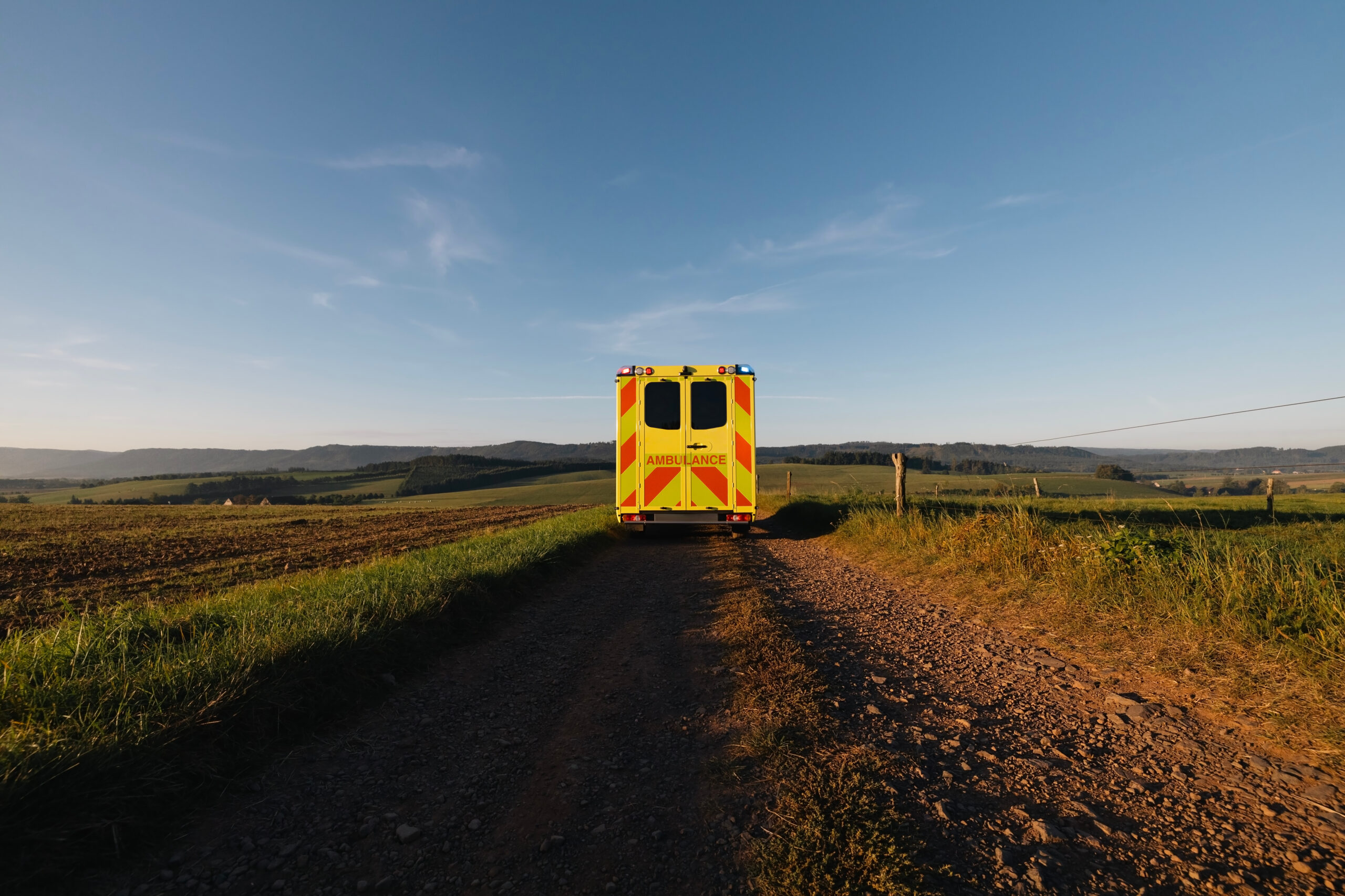For most of my career, I’ve worked as an emergency medicine physician, balancing the adrenaline of fast-paced emergency departments with the quieter—but no less important—challenges of rural healthcare. There’s something unique and deeply fulfilling about practicing medicine in rural areas. The needs are immense, the resources are often scarce, and the connection with the community runs deep. These settings test your skills, your patience, and your resolve, but they also remind you why you became a doctor in the first place.
Emergency medicine in rural areas is more than just a career; it’s a calling. It’s about bringing care to places that need it most, closing gaps in access, and creating solutions where there are none. As I reflect on my experiences, I’m reminded of the profound impact emergency medicine can have on rural healthcare and the lives of those we serve.
A Different Kind of Emergency Medicine
Practicing emergency medicine in rural settings is vastly different from working in urban hospitals. In large cities, emergency departments are often crowded and chaotic, with patients coming in for everything from minor injuries to severe trauma. Specialists are just a call away, and diagnostic tools are typically at your fingertips.
In rural communities, however, you are often the only line of defense. The nearest specialist might be hours away, and advanced imaging or lab work may not be readily available. This forces you to rely on your clinical instincts and training more than ever. Decisions have to be swift and precise because delays can mean the difference between life and death.
I’ve found that rural emergency medicine sharpens your skills in a way few other environments can. You learn to think creatively, adapt quickly, and work within constraints without compromising the quality of care. It’s humbling and exhilarating at the same time.
The Gaps We’re Closing
One of the most significant gaps in rural healthcare is access. Rural communities often face a severe shortage of healthcare providers, including primary care doctors and specialists. Emergency departments in these areas frequently become the default providers for all kinds of care, from acute emergencies to chronic disease management.
For many patients, the emergency department is their only point of contact with the healthcare system. I’ve treated patients with conditions that could have been managed—or even prevented—if they had access to regular care. Hypertension, diabetes, and infections are just a few examples. In these cases, our role extends beyond treating the immediate problem. We also provide education, connect patients with follow-up resources, and sometimes even advocate for broader changes in the healthcare system.
Transportation is another major hurdle. Many patients in rural areas have to travel long distances to reach the nearest hospital. I’ve seen patients arrive hours after the onset of symptoms because they didn’t have access to timely transportation. As an emergency physician, you’re constantly aware of these barriers, and you do everything you can to make the care they receive worth the effort it took to get there.
The Human Connection
One of the most rewarding aspects of working in rural emergency medicine is the connection with the community. In smaller towns, you often know your patients—or their family members—personally. This creates a sense of accountability and trust that is hard to replicate in larger, more anonymous settings.
I remember treating a young boy who had fallen off his bike and broken his arm. His mother was visibly upset, not just because of the injury but because she worried about the cost and the follow-up care. After setting his arm and ensuring he was comfortable, I spent some time talking with her, explaining the resources available and how we could coordinate care without causing financial strain. Months later, I ran into her at a local event, and she thanked me for not just treating her son’s injury but also for putting her mind at ease.
Moments like these remind me why I chose this path. Emergency medicine is about more than just procedures and protocols; it’s about making a difference in people’s lives, even in the smallest ways.
Challenges and Opportunities
Despite its rewards, rural emergency medicine comes with significant challenges. Burnout is a real concern, as physicians in these areas often work long hours with limited support. The emotional toll of treating patients in critical condition, sometimes without the tools you wish you had, can weigh heavily.
However, these challenges also create opportunities for innovation and advocacy. Telemedicine, for example, is starting to bridge some gaps in specialist access, even though I personally prefer hands-on care. Mobile clinics and community health programs are also making strides in bringing care to underserved areas. As physicians, we have a responsibility to support these initiatives and advocate for policies that improve rural healthcare infrastructure.
Why It Matters
At the end of the day, the work we do in rural emergency medicine matters because it saves lives and strengthens communities. Every patient we treat, every life we save, and every barrier we help dismantle brings us closer to a more equitable healthcare system.
The challenges are real, but so are the rewards. Knowing that you’ve made a difference—not just for an individual patient but for an entire community—is a feeling that’s hard to put into words. It’s what keeps me going, even on the toughest days.
If there’s one thing I’ve learned over the years, it’s that rural emergency medicine isn’t just about closing the gaps in healthcare. It’s about opening doors—to care, to trust, and to the possibility of a healthier, more connected world. And that, to me, is worth every late night, every tough decision, and every mile traveled.
